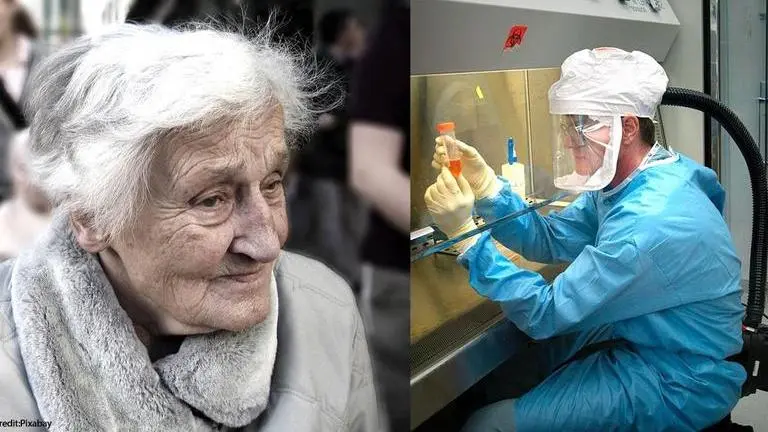Updated 23 November 2020 at 20:13 IST
Going 'backward in time': Israeli scientists discover way to reverse ageing by 25 years
In a path-breaking discovery, researchers in Israel have found a new way to reverse the process of ageing, that too just using oxygen.
- Science News
- 2 min read

In a path-breaking discovery, researchers in Israel have found a new way to reverse the process of ageing, that too just using oxygen. Scientists at Tel Aviv University and the Shamir Medical Centre conducted a researcher wherein they administered oxygen at high pressures in a chamber. In the aftermath, they concluded that by doing so they were able to not only stop but also reverse two processes related to illness and ageing.
For the purpose of the study, published in journal Ageing, 35 adults above the age of 64 were given Hyperbaric oxygen treatments (HBOT) for 90 minutes every day. The process was continued for five times a week for three months. Following the research, scientists discovered that by using HBOT telomeres (chromosome ends) could be shortened and accumulation of old and malfunctioning cells in the body could be reversed.
"Today telomere shortening is considered the 'Holy Grail' of the biology of ageing. Researchers around the world are trying to develop pharmacological and environmental interventions that enable telomere elongation. Our HBOT protocol was able to achieve this, proving that the ageing process can, in fact, be reversed at the basic cellular-molecular level," Professor Shai Efrati, who co-led the study said.
Advertisement
Slow ageing
In a similar study, scientists recently discovered an internal protein that could slow ageing. The study, which was conducted on mice that were sent to the International Space Station (ISS) suggested that an internal protein has the potential to slow down the ageing process. The study, which was conducted by the Japanese Space Agency JAXA and Tohoku University, revealed that an internal protein called nuclear factor erythroid 2-related factor 2, or Nrf2 slowed down the transformation induced by ageing.
The study revealed that mice that went to the ISS without Nrf2 protein did not gain weight despite consuming similar amounts of food and water as the other group that had Nrf2 protein. The study can help develop drugs to treat illnesses caused by ageing such as diabetes and Alzheimer’s. The study can also help in the development of treatments related to space flight illnesses and can also benefit astronauts in many other ways.
Advertisement
Published By : Riya Baibhawi
Published On: 23 November 2020 at 20:15 IST
